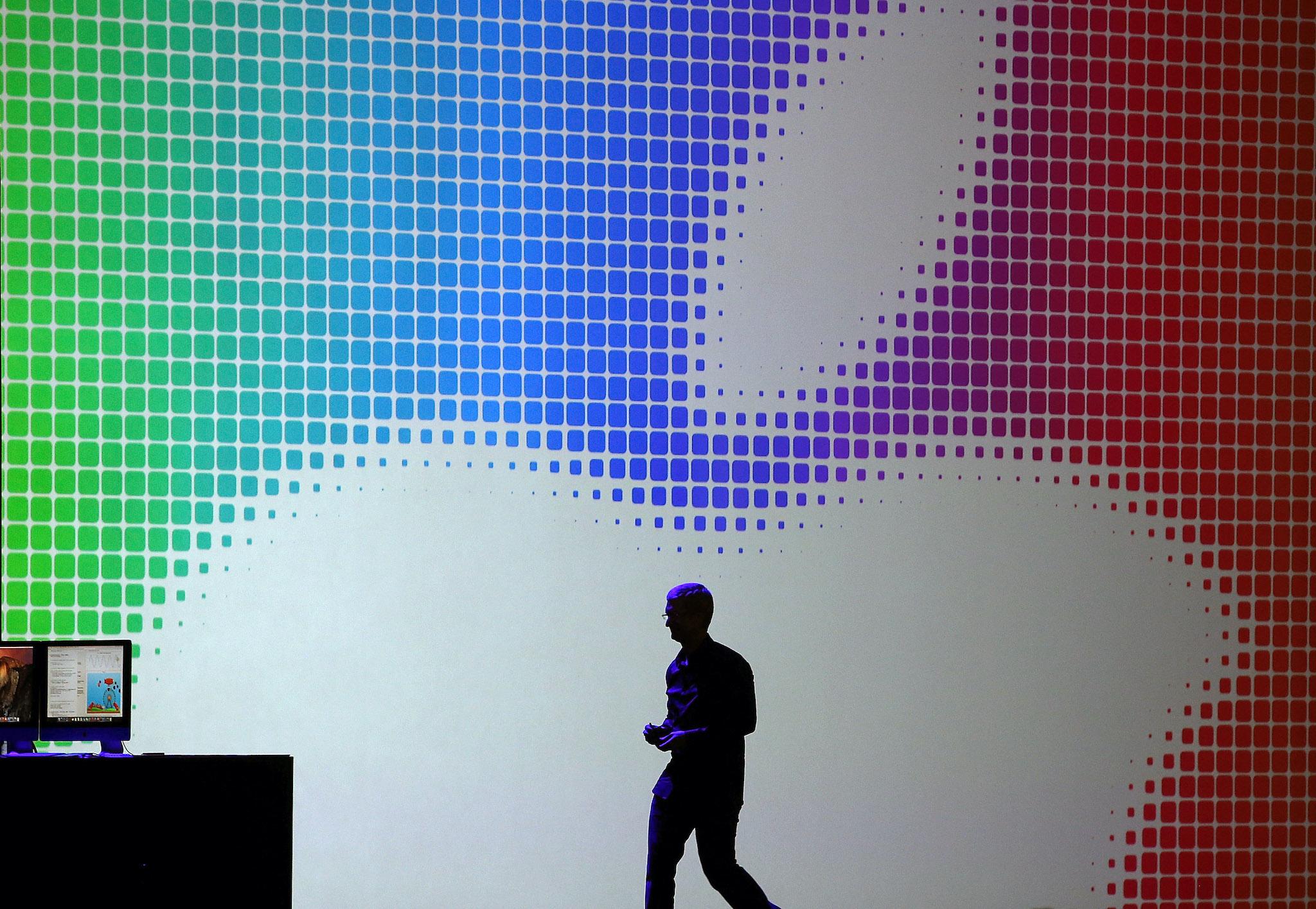The Independent's journalism is supported by our readers. When you purchase through links on our site, we may earn commission.
Apple to let developers challenge App Store guidelines after high-profile fallout
The news follows controversy with email app Hey, and an ongoing investigation from the European Union

Apple has announced major changes to how it handles App Store disputes.
The smartphone giant will now allow developers to appeal violations of its App Store guidelines, and will no longer delay app updates designed to fix bugs over said disputes.
“First, developers will not only be able to appeal decisions about whether an app violates a given guideline of the App Store Review Guidelines, but will also have a mechanism to challenge the guideline itself,” an Apple press release said.
“Second, for apps that are already on the App Store, bug fixes will no longer be delayed over guideline violations except for those related to legal issues. Developers will instead be able to address the issue in their next submission.”
Apple says the changes will be implemented this summer.
The news comes as the company found itself in the midst of two controversies around its App Store policies.
This includes an investigation from the European Union into whether Apple is engaging in anti-competitive behaviour.
It was concerned that there were not enough alternative purchasing possibilities, meaning that developers were forced into “mandatory use of Apple's own proprietary in-app purchase system”.
The second controversy follows a Twitter thread from Basecamp co-founder, David Heinemeier Hansson, which launched a new email service called Hey.
Apple originally approved the app, but later rejected the company’s updates because the app did not offer an in-app subscription.
Hey offers a $99 per year email subscription service
Apple receives a 30 percent cut from all in-app subscriptions. This has led companies like Amazon to stop purchasing of audiobooks through the Audible iOS app, or Netflix stopping in-app subscriptions in 2018.
“Wow. I'm literally stunned. Apple just doubled down on their rejection of HEY's ability to provide bug fixes and new features, unless we submit to their outrageous demand of 15-30% of our revenue. Even worse: We're told that unless we comply, they'll REMOVE THE APP,” Heinemeier Hansson tweeted.
Apple’s review guidelines require an app have an in-app purchase option if it wants to offer access to content purchased elsewhere. It also said the app should not have been approved at all.
However, the company has made exceptions in the past for certain music, video, and magazine apps. Some subscription email apps, similar to Hey, are also reportedly available in the App Store but do not offer services through in-app purchases.
Heinemeier Hansson said that Apple were behaving like “gangsters” and would rather “burn this house down myself”.
Ahead of WWDC, Apple made change to allow Hey’s updates to go through after Bandcamp compromised by letting users only sign up for an email account that expires in two weeks.
This is not the only instance where Apple has been investigated for anti-competitive behaviour. Famously, Spotify lodged a complaint against Apple claiming that the company was intentionally stopping Spotify from integrating certain features in order to give Apple services, such as Apple Music, an advantage.
Apple Music would also not have to pay the 30 percent surplus charged to other companies, because Apple owns both the software, the operating system, and the hardware that goes on iPhones.
At the time, an Apple spokesperson denied Spotify’s claims, saying that the company only charged apps which users had to pay to use.
Join our commenting forum
Join thought-provoking conversations, follow other Independent readers and see their replies
Comments
Bookmark popover
Removed from bookmarks